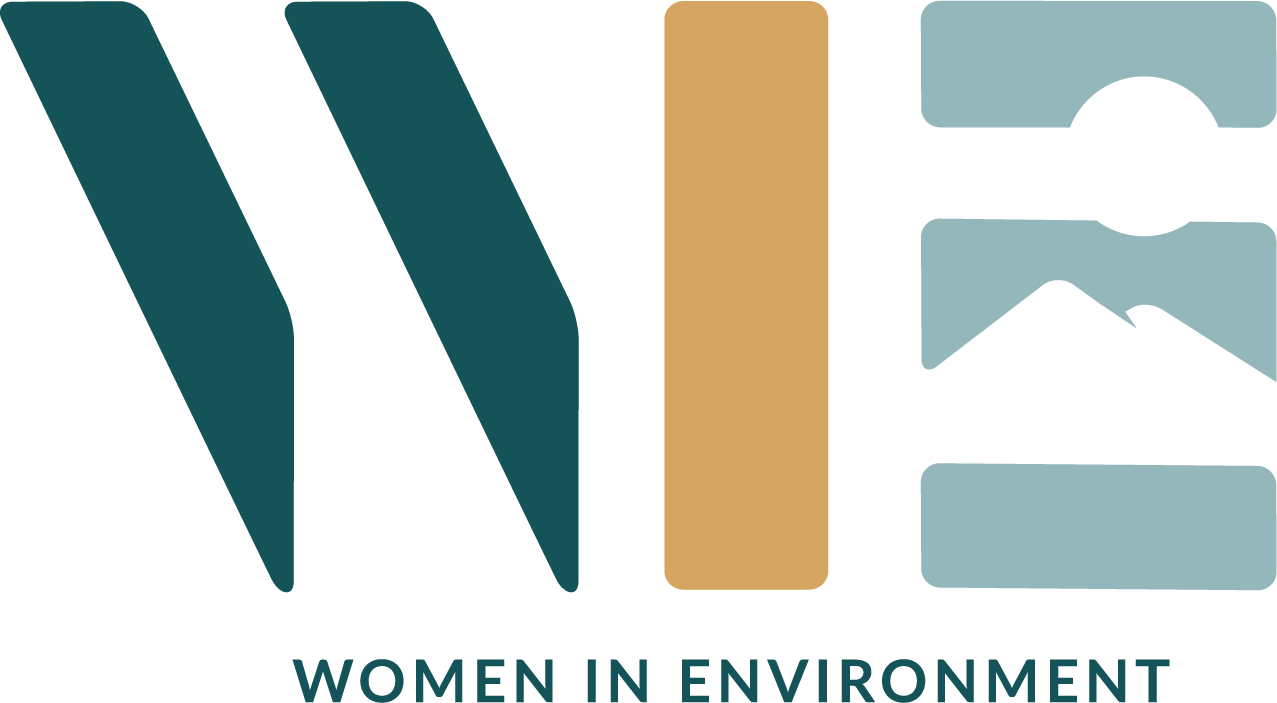Rumination On WIE's Panel Discussion On Mentorship
Think back to the first mentor you ever had…
For me, it was a professor. He led a fast-paced science writing class and was a ruthless grader. “You’re not going to like me after this test,” he would announce gleefully to the class while handing out pages of questions stapled into packets as thick as a turkey sandwich. He was the type of professor that would hand back a submitted essay with red marker corrections seeming to fill every millimeter of margin space. As overwhelming as the crimson-colored essay would be, I would also be appreciative. All the time he spent writing those thoughtful corrections led me (or perhaps dragged me) to become a stronger technical writer. I will forever be thankful he was such a dedicated grader and fervid professor.
Mentorships take many forms, and it can be hard to define what makes someone a mentor, as opposed to a simply a good manager, coworker, or friend. However, when asked who our mentors are, most of us will identify just a few people without hesitation. For some of us, mentors are people who listen and offer advice over coffee on a regular basis or managers who deftly steer us through the labyrinth of professional development and advancement. For others, mentors are people who inspire us or, like my professor, give us the feedback we need to grow. At the heart of the best mentor/ mentee relationships are personal connections between the mentor and the mentee.
It is easy to see how valuable mentorships are. However, while some mentorships grow very organically, starting a mentorship can be challenging. Furthermore, starting a mentorship in the professional sphere, especially in your own office, can be intimating. For instance, everyone may be busy at work, so it may feel uncomfortable to ask for someone’s personal (and in the consulting world, non-billable) time.
This winter, WIE’s Krista Koehl Professional Development Series included a panel discussion entitled “From Mentee to Mentor, Ideas for Making Mentorship Work for You” in downtown Portland. The panelists were John Ashworth, Attorney, Partner at Kell, Alterman & Runstein, LLP; Karen Beattie, Vice President, Northwest Business Unit Leader-Environment at AECOM; and Jessica Hamilton, General Manager, Portland Harbor Environmental at Port of Portland. The Panel was moderated by Sheila Sahu, Senior Project Manager at Kennedy/Jenks Consultants, Chair of the Mentoring Program, and Member of the WIE Board. The panel led a thought-provoking discussion on the benefits, as well as the challenges, of being a mentor and/or a mentee. The following ideas from the panel discussion stuck out as particularly useful:
To mentees:
A mentor/mentee relationship is a two-way street. Hamilton pointed out that mentees can (and should) offer something to the relationship since no strong business relationship can be completely altruistic. It is generally understood that mentors do give more in the mentor/mentee relationship. Thus, it is important for a mentee to be respectful of their mentor’s time. Mentees also must follow through with any assignments given to them by their mentor.
While speaking with a mentor, the mentee should ask open-ended questions.
Mentees should do their research about the person they want as a mentor. They should know the mentor’s organization and be familiar with the mentor’s role within that organization.
It is beneficial for a mentee to find a mentor within their company. Internal mentors will be able to provide insights on company politics and other workplace-specific advice.
Ashworth recommended that mentees cherish honest feedback. Even if it is tough to hear the advice, it is for the mentee’s own good and does not need to be sugarcoated. (Sounds like he would have liked my first mentor!)
Beattie pointed out that mentees do not always need to have a formal mentor relationship. In fact, a mentee doesn’t even have to tell someone that they consider them a mentor. A lot of knowledge can be gleaned just from observing how a successful “mentor” operates day-to-day in their business.
To mentors:
When looking for someone to mentor, mentors should find someone just coming up in the field/business and who has a spark or has something that makes them standout.
Mentorships that start and grow naturally are generally the most comfortable and most sustainable. As in any relationship, trust and understanding take time to grow. The mentorships will strengthen from continued contact and meetings.
Ashworth suggested that mentors pick and choose a tutor-tutee relationship that is aligned with their personal style and preferences. There is no one-size-fits-all mentor/mentee relationship.
Becoming a mentor can help ease the pain of the next generation by ending a culture in which junior staff is expected to “sink or swim”. A great motivator for mentors is the drive to create a mentor/mentee relationship that would have been invaluable had they had it in their own early career.
The panel discussion brought up these memorable ideas along with other interesting advice about mentorships. Thank you to the WIE Mentoring and Education Committees for bringing this panel together. To become a WIE mentor or mentee in Seattle, look out for a sign-up sheet at all of Seattle’s networking events. Seattle’s next mentor/mentee cycle will begin in September. To become a WIE mentor or mentee in Portland, be on a lookout for an interest survey that will be sent out via WIE’s new email system this spring.
